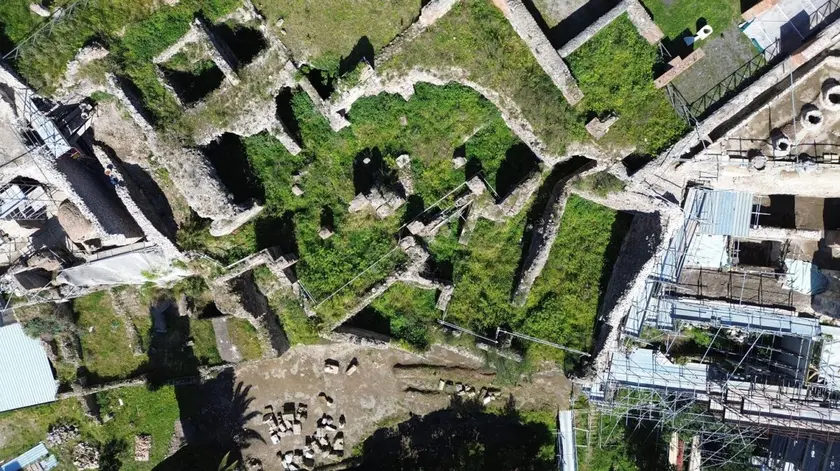T4K3.news
New evidence reveals cannibalism in ancient Spain
Researchers uncovered human remains in El Mirador cave indicating cannibalistic practices.
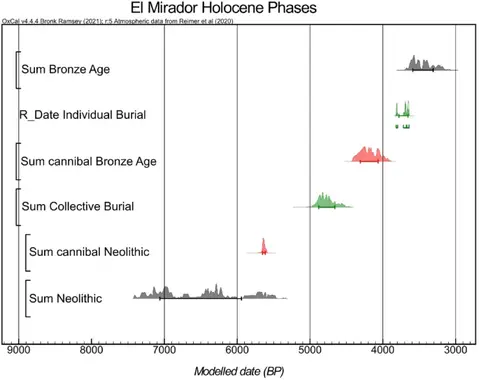
Recent findings in El Mirador cave provide groundbreaking insights into ancient cannibalistic behavior.
Cannibalism practices revealed in El Mirador cave in Spain
In the El Mirador cave of Sierra de Atapuerca, Spain, archaeologists have discovered human remains suggesting cannibalistic practices from the Neolithic to Bronze Age, dating between 5709 and 4100 cal BP. Excavations revealed signs of cannibalism, including cut marks and evidence of burning and pot-polishing on the skeletons. Notably, the remains also show that the individuals were likely from the local area. The findings are significant as they suggest cannibalism may have been linked to intergroup violence rather than famine, challenging previous assumptions about the inhabitants' stark living conditions.
Key Takeaways
"The findings suggest that cannibalism may not have been a common behavior among cave inhabitants."
This emphasizes the rarity and potential significance of cannibalistic acts in this community's history.
"Research indicates that the evidence points towards intergroup violence rather than a need for survival due to famine."
This shifts the perspective on the reasons behind cannibalism, pointing to deeper societal conflicts.
"The remains display features that imply processing activities were complete and intentional."
This highlights the complexity of the cultural practices surrounding these individuals.
"Among the remains were children, bringing ethical considerations to the forefront of archaeological research."
This raises questions about the implications of these findings for understanding human behavior and societal norms.
The research presents a deeper understanding of social behaviors in prehistoric Europe. By linking cannibalism to violence rather than survival needs, it raises important questions about the societal dynamics of these ancient communities. Such insights could reshape perceptions of early human societies and their conflicts. With evidence of children among the remains, the finding highlights disturbing aspects of human history and brings to light the complexities in the interpretation of archaeological sites.
Highlights
- Understanding our past sometimes reveals dark truths.
- Cannibalism in ancient societies often had complex motives.
- Ancient violence is a part of human history we must face.
- Archaeological evidence provides a mirror to our past actions.
Political and ethical implications of cannibalism findings
The discovery of cannibalism practices involving children raises significant ethical concerns, as it forces society to confront unsettling aspects of human history. These can elicit severe public reactions and may lead to debates within archaeological and social communities.
These findings open new discussions on the social practices of prehistoric societies.
Enjoyed this? Let your friends know!
Related News
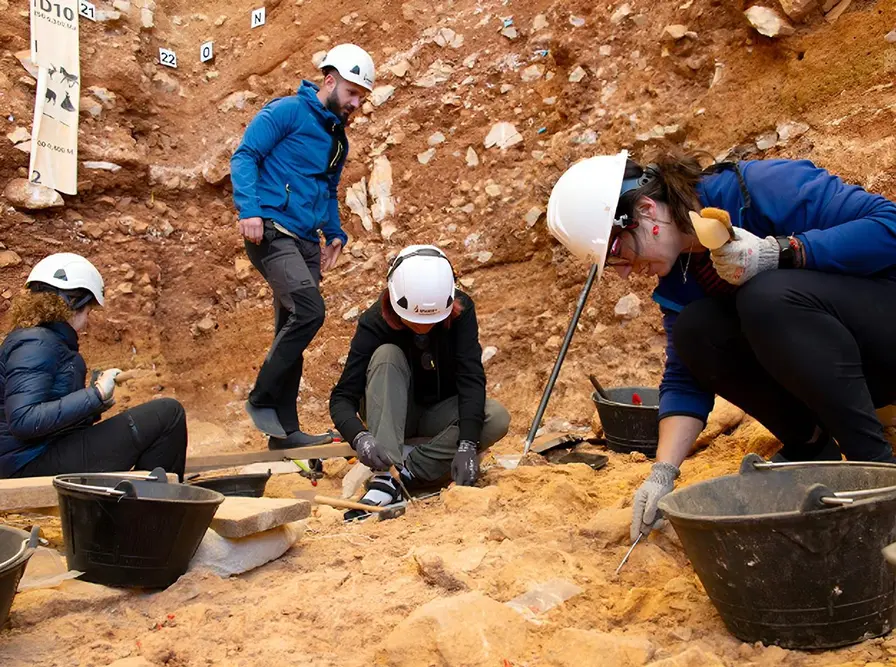
New evidence reveals ancient human cannibalism in Spain

New Mole Fossil Found That Changes Evolution Understanding
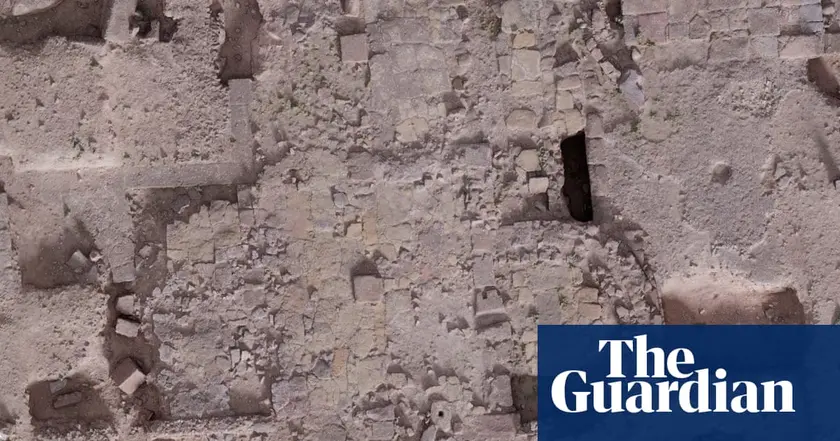
Ancient Jewish community found in Cástulo
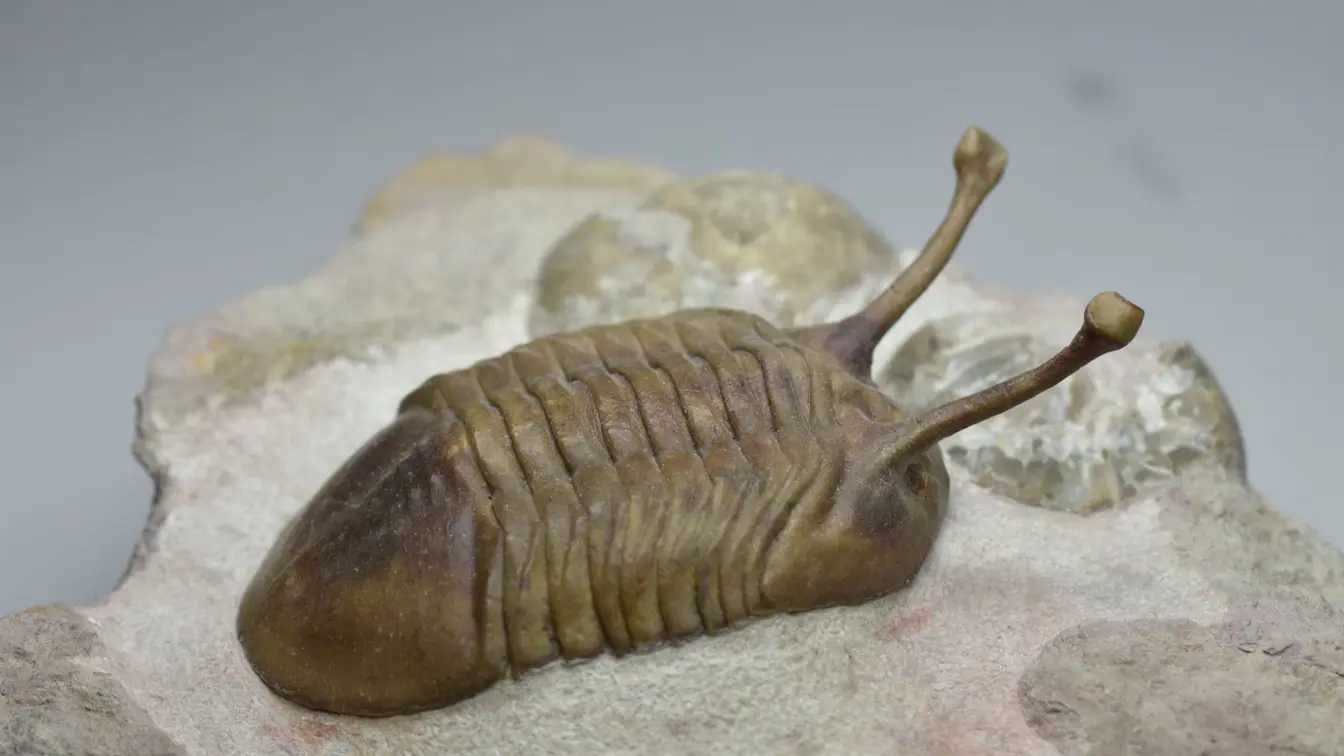
Ancient amulet contains long-extinct trilobite fossil
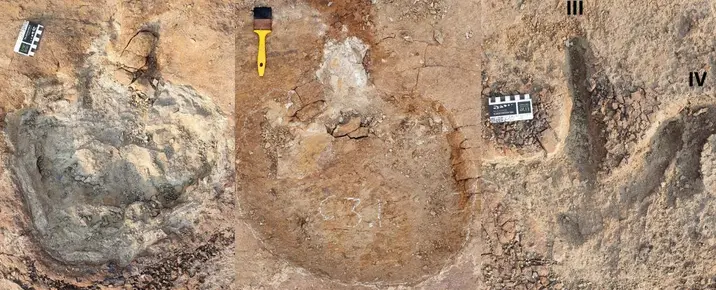
New Dinosaur Tracks Indicate Herding Behavior
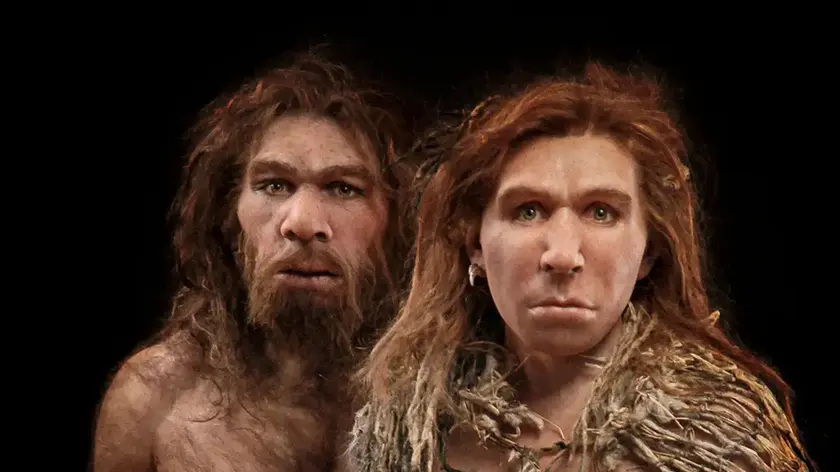
New findings reveal connections between humans and Neanderthals

Ancient artifacts reveal Earth's magnetic history

Mars reveals its wetter past with ancient riverbeds
